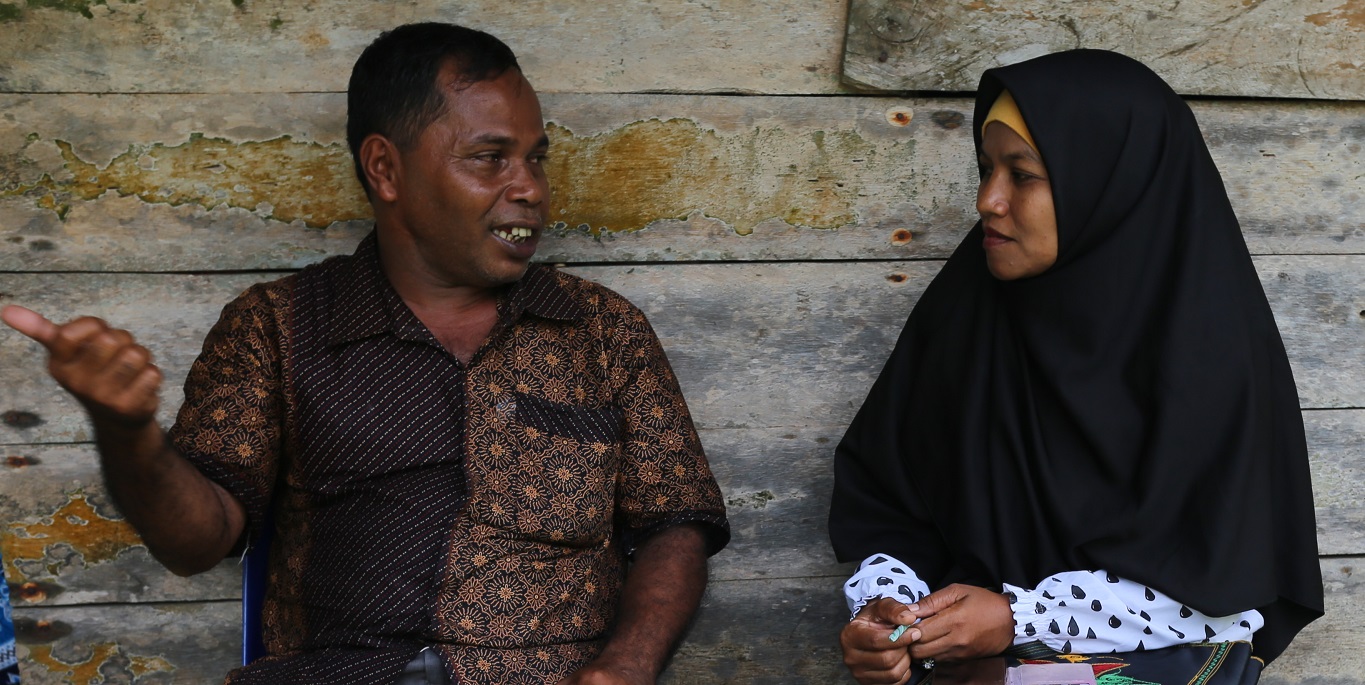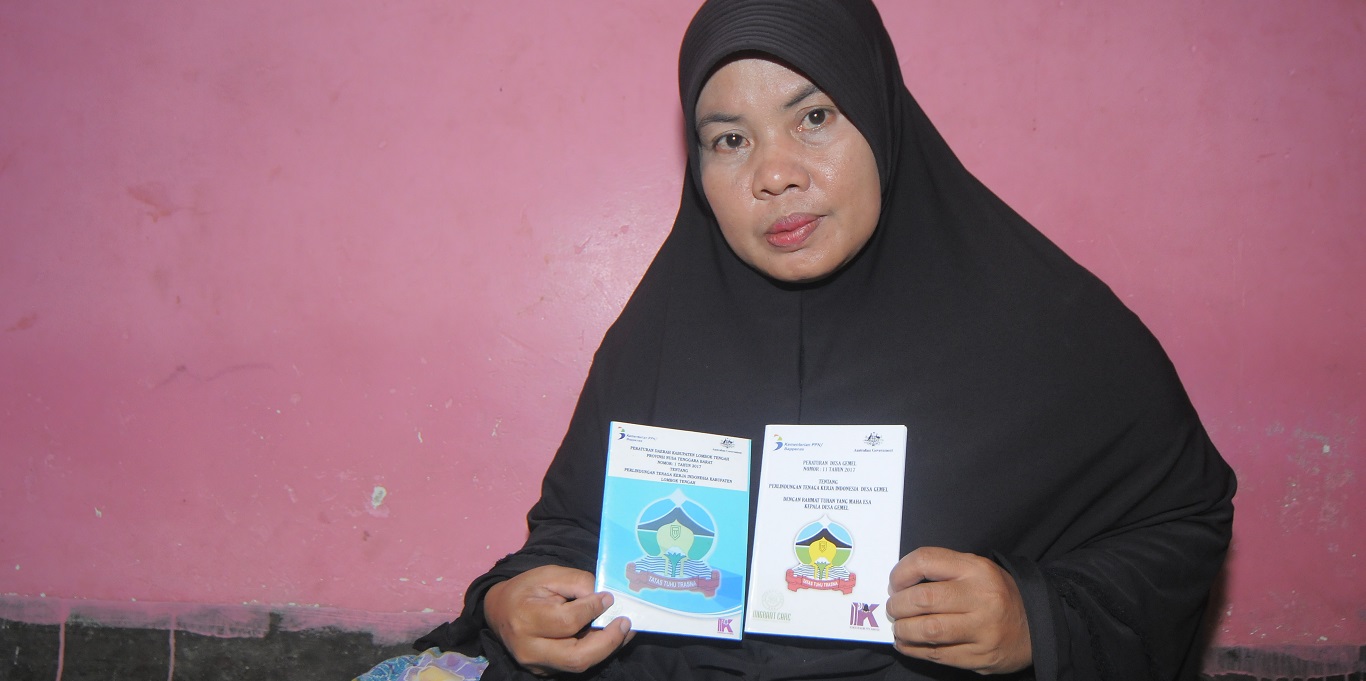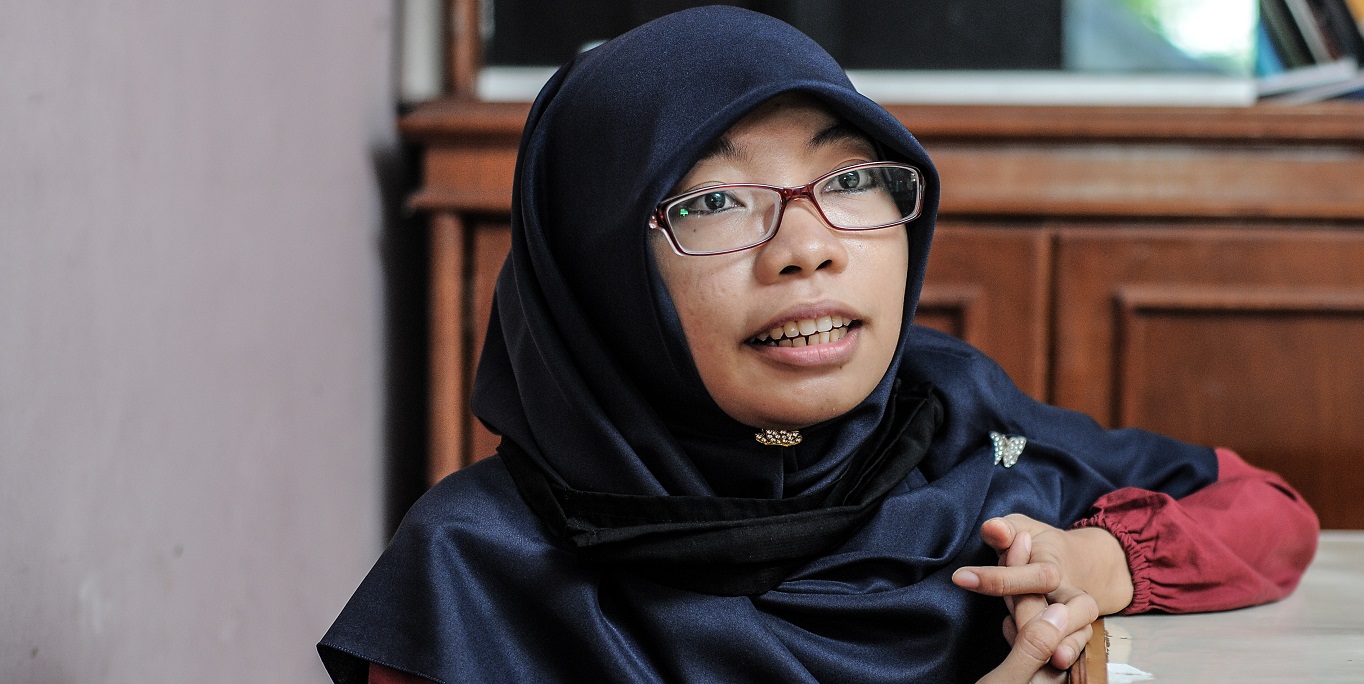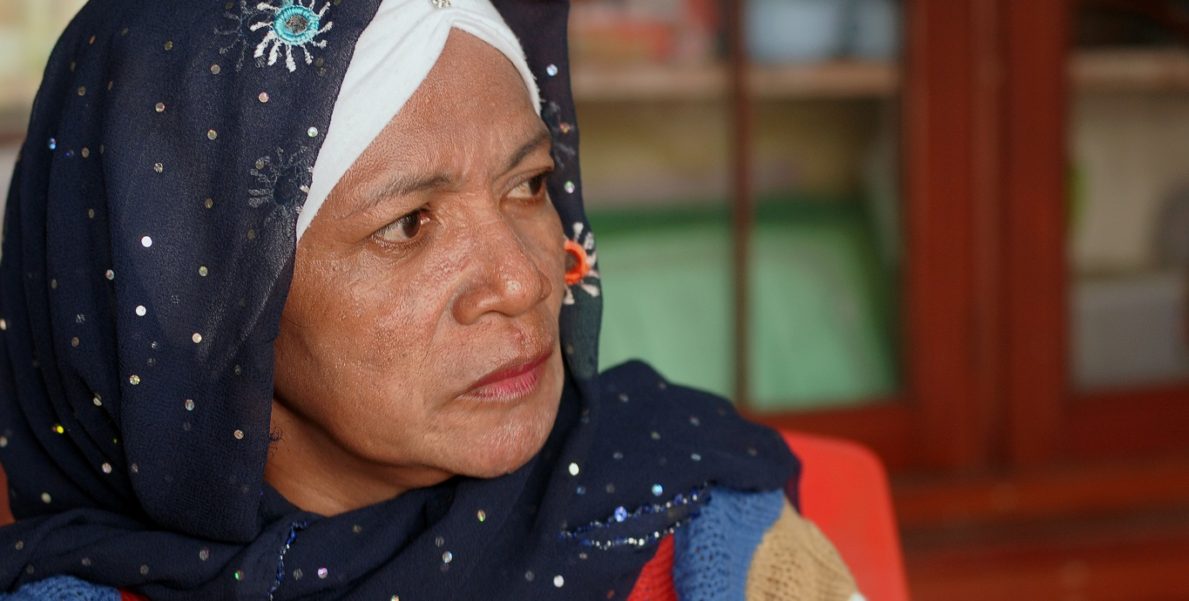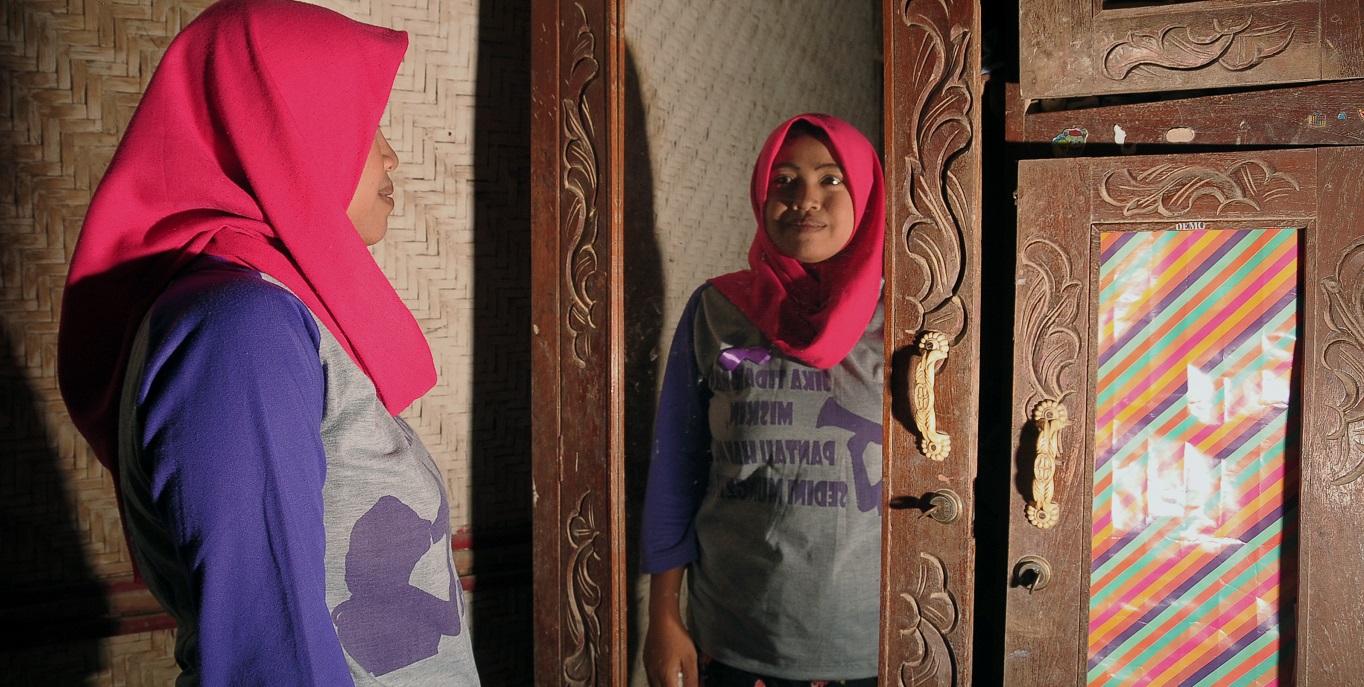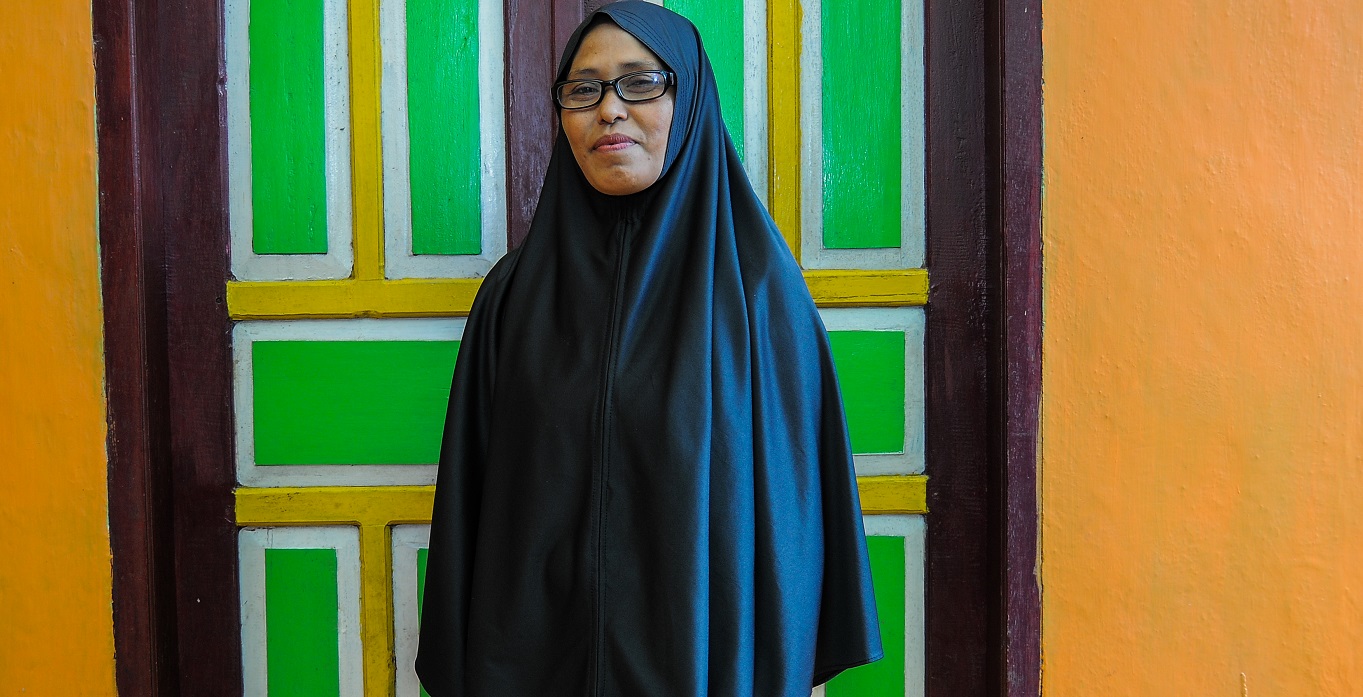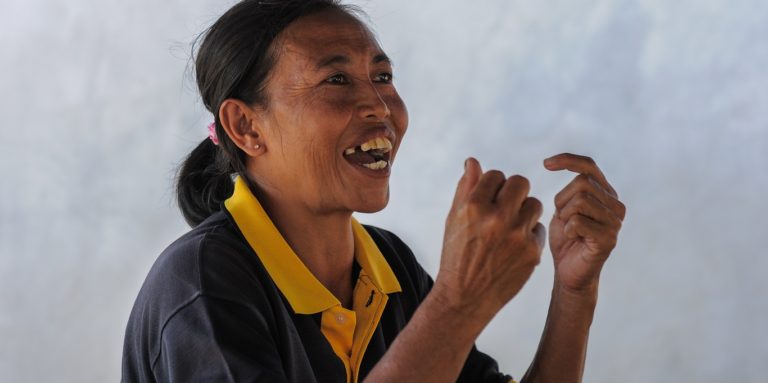Stories
Training for Women Members of Parliament (WMPs) Bone to Work with the Media
26 October 2015Penulis: admin
The mass media is an influential actor in shaping public opinion. Meanwhile, women Members of Parliament (WMPs) are yet to use a good opportunity to work with the media to support their duties as legislators.
Therefore, BaKTI-MAMPU Program conducted a coaching program in 22-24 October 2015 for four WMPs of Bone, member of the House of Representatives (DPRD) Bone Regency.
The three days training, was opened by Hj. A. Samsidar Isaac, Deputy Chairman of Parliament Bone regency. In his remarks he stated that although there are only 6 WMPs in Bone’s Parliament, it does not hinder them to do more for society, especially for women. To that end, WMPs must have a good knowledge and skills, including knowledge and skills of communicating and cooperating with the mass media.
Program Officer of MAMPU-BAKTI Mentorship Program, Ruslan Rahman explained that, this training is expected to improve the ability of WMPs to communicate with the media, so as to support the work of WMPs as members of Parliament and fight for the issues of poverty and women.
Discussion on MAMPU Theme: Violence against Women
On the first day, facilitated by Luna Vidya – a Communication Specialist, participants discussed five MAMPU thematic areas, specifically violence against women. This discussion used a murder case of Amel, a 4-month-old baby girl.
This discussion was interesting because from the observation of mass media, news from both national and local media focused only from the offender’s side (Arman) who was told as the main actor who studied black magic. Other perspectives which actually important were not visible in the mass media.
After the opening discussion, participants were asked to see the case from a more diverse point of view, such as poverty, human rights, women’s and children’s rights. From that process, participants realized that the mass media lead public to understand only one side of the case, while so much important information was not delivered.
One of the participants, Jusmiah argued that media coverage of the case turned the actual murder case into a black magic problem. Coverage did not highlight other things that are more important and useful to society, and the government and parliament should take account to make changes in society.
“Discussions like this are very useful for us members of Parliament. Now we are able to analyze a case or problem from a wider range of angle” added Jusmiah.
At the last part of the day, participants were asked to make a press release about the Amel case with a poverty, human rights, women’s or children’s rights perspective. The materials were used also as a part of a press conference training on the third day.
A Discussion with Journalist
On the 2nd day, participants had a discussion with Bahtiar, Chairman of the Pabbicara Media Forum Bone district, who is also a Metro TV regional correspondent. Bahtiar shared journalists’ working procedures and techniques to be a valuable source person of journalists.
According to Bahtiar, journalist is a job that has time and place limit (deadlines). So journalist should have interesting news within the daily deadlines. Journalists have to write important information that are considered newsworthy and piqued public’s interest. Therefore, the source person should provide solid, precise and concise information, so there will be no misinterpretation by the journalists.
For Bahtiar, WMPs and legislators should work closely with mass media. If WMPs or legislators able to provide solid information which is precise and newsworthy, then legislators will always be sought after by journalists. Ultimately, public will know the good works of WMPs or support needed by WMPs.
Press Releases
On the 3rd day, participants discussed the press release they have made on the 1st day. M. Ghufran H. Kordi K., Database & Publications Officer MAMPU-BaKTI facilitated this session. He gave tips to be able to make a simple press release, but provides clear information.
Ghufran explained how often mass media’s perspective in women’s or children’s issues, such as the Amel’s case, puts women in a disadvantaged position. Mass media that view cases of women and children in women’s rights, gender and children’s rights are far too few. Eventually, public do not empathize to women’s or children’s cases. Furthermore, the government and parliaments have no valuable information to support the creation of policies or programs to prevent further events that might harm women and children.
Participants then practiced a press conference session with journalists from print and electronic media in Bone region. From this practice, Luna Vidya gave tips to WMPs for: (1) to convey the important things that might piqued journalists’ attention; (2) good body language and statements in front of journalists; (2) try to learn and master the materials written for press conferences, interviews or press releases.
Participants uttered positive feedback for this training.
“The training was very useful for me as a new member of Parliament. As a legislator who often meet the journalist, this training have made me more prepared and confident to be interviewed by them,” said Hj. Mintayu Samsuddin, one of the WMPs of Bone.
Looking at the WMPs’ eagerness to learn, it gives hope that WMPs could be the equivalent of male legislators and able do better for the people, especially women.
Reported by M. GHUFRAN H. KORDI K. (BaKTI)



